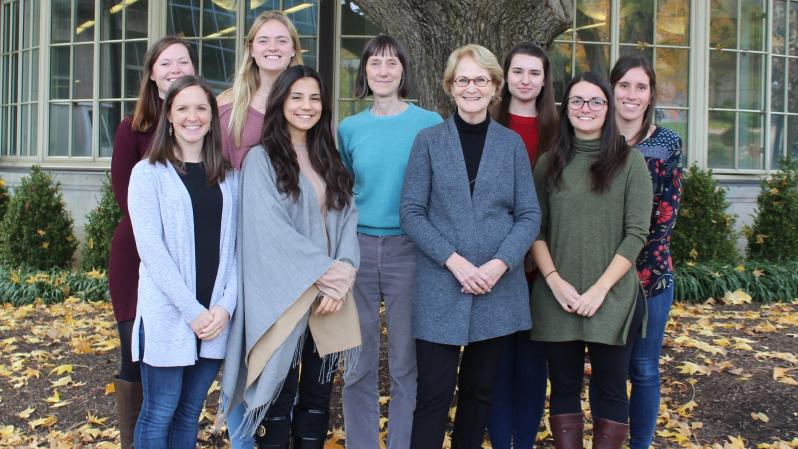-
About
ExploreUp a level (this gets replaced in JS)
-
Getting Started
Explore
-
Diversity, Equity, and Inclusion
Explore
-
Strategic Plan 2021-2025
Explore
- Discover Nutritional Sciences
- Current Faculty Openings
- Visit and Apply
- Contact
- Donate
-
Getting Started
-
Undergraduate
ExploreUp a level (this gets replaced in JS)
-
Getting Started
Explore
-
Degree Options
Explore
-
Student Support
Explore
-
Get Involved
Explore
-
Careers
Explore
- Discover Nutritional Sciences
- News and Events
- Visit and Apply
- Contact
-
Getting Started
-
Graduate
ExploreUp a level (this gets replaced in JS)
-
Getting Started
Explore
-
Gain Experience
Explore
-
Student Support
Explore
-
Get Involved
Explore
-
Alumni Engagement
Explore
-
Visit and Apply
Explore
- Discover Nutritional Sciences
- News and Events
- Graduate Admissions
- Contact
-
Getting Started
-
Research
ExploreUp a level (this gets replaced in JS)
-
Research Expertise
Explore
-
Labs and Initiatives
Explore
-
Get Involved
Explore
-
Nutritional Sciences Affiliates
Explore
- Discover Nutritional Sciences
- News and Events
- HHD Research
- Contact
-
Research Expertise
-
Alumni
Explore
-
Contact
ExploreUp a level (this gets replaced in JS)
-
Nutritional Sciences Contacts
Explore
-
College Contacts
Explore
- Discover Nutritional Sciences
- News and Events
- Visit and Apply
-
Nutritional Sciences Contacts
-
Departments
Explore
-
Research Centers
Explore
-
Central Administration
Explore
-
Training and Support
Explore
- Contacts/Directory
The Laboratory for the Study of Human Ingestive Behavior

The Laboratory for the Study of Human Ingestive Behavior at the University Park campus of The Pennsylvania State University is dedicated to advancing the understanding of human eating behavior in both adults and preschool aged children. The aims of the lab are to better understand why individuals eat the types and amounts of foods that they do and to develop strategies to manage body weight.
Over the years, the lab has conducted seminal research investigating how food-related factors including portion size, food variety, and energy (calorie) density influence food and energy intake, satiety, and body weight in both children and adults. We are known in particular for conducting systematic studies that how properties of foods affect eating behavior.
Our lab likes to “play” with food and spends a lot of time in our commercial-grade kitchen developing and preparing recipes to use in our studies. Using the techniques that we’ve mastered, we are able to make substantial changes to food properties such as energy density. For example, we can modify the energy density of many foods by 20% or more without noticeable differences in the appearance or taste!
By serving experimental meals to subjects in our 16 private cubicles and assessing how the varied properties affect intake, we have significantly advance the understanding of human eating behavior. This work has been extended to several year-long clinical trials of the influence of energy density and portion size on weight management. The lab also conducts research in local childcare and preschool centers to better understand children’s eating behavior and strategies to combat childhood obesity. The lab is comprised of Dr. Barbara Rolls (director), research dietitians, research technologists, visiting scholars, doctoral students, and undergraduate students. The work is facilitated by the collaborative nature of the lab, in which students, lab research staff, and other lab personnel work together and with colleagues from other labs.
